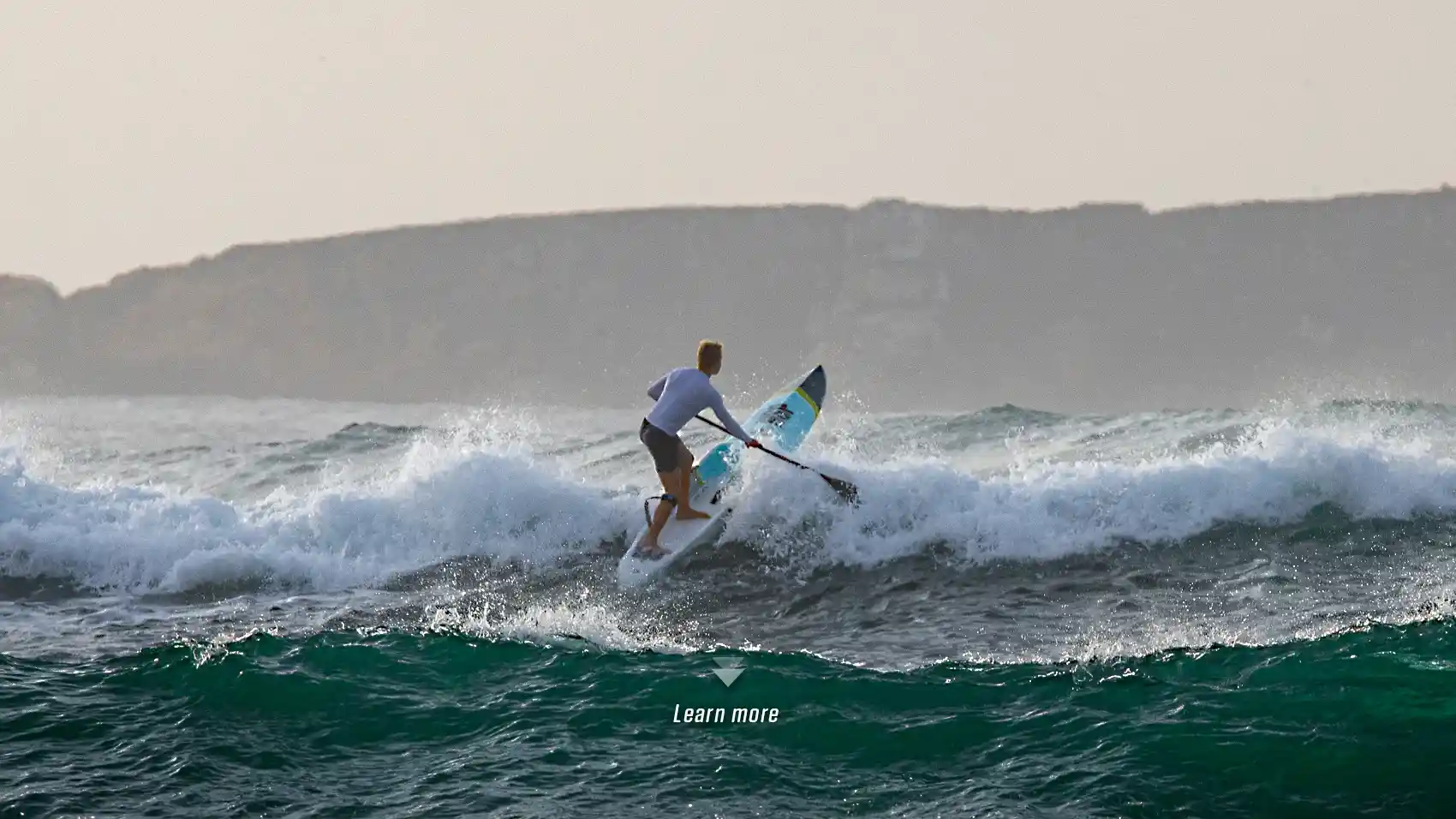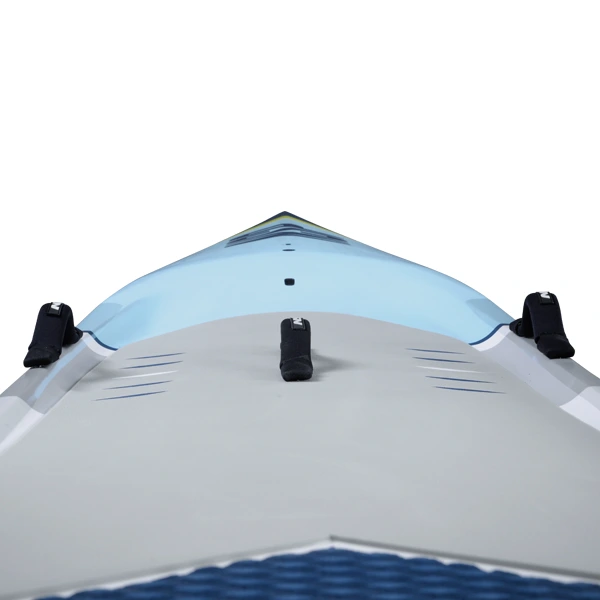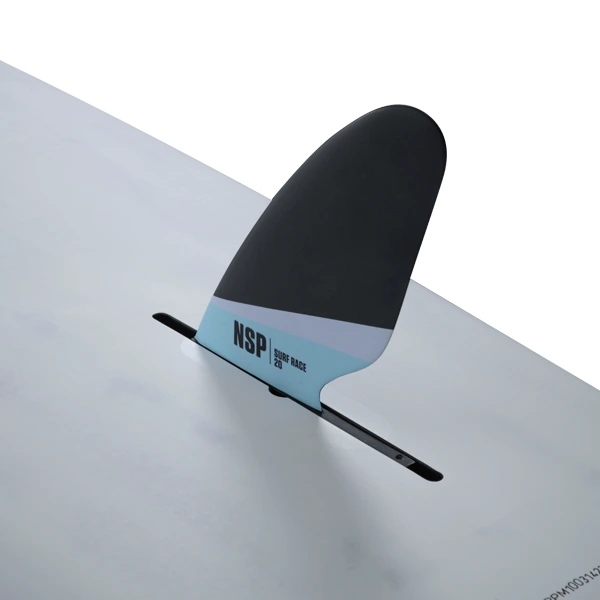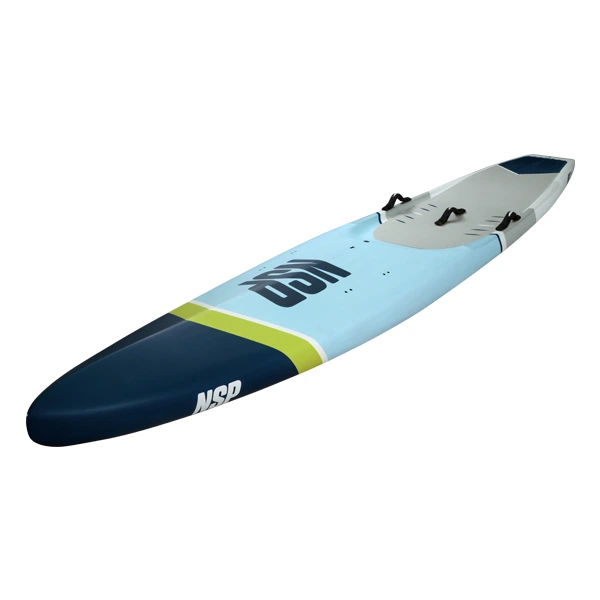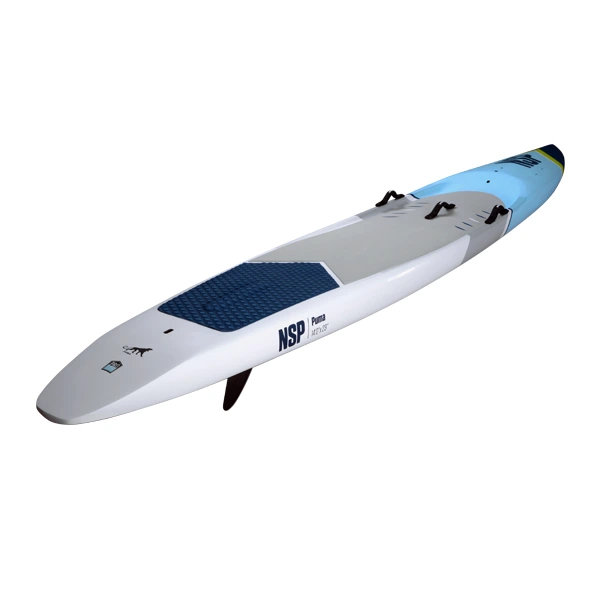Crossing white water breaks with a race board – Tip of the week #1
Each week, leading up to the start of the racing season, Team Rider Christian Andersen will be sharing essential race training secrets by posting his “Tip of the Week”. The first tip is about crossing white water on a race board. Have a read below and then check back each week for the next sequence of tips. If you have any questions or suggestions for tips you want to learn more about, send Christian a message at the end of the sequence.
Step 1 – Speed up for pushing through
Getting your board up to speed is key here.
Start by doing a few short, fast strokes to get some solid momentum, and make sure you time your last strokes well before you step back on your board.
The more speed you have, the easier it will be to pull off this maneuver.
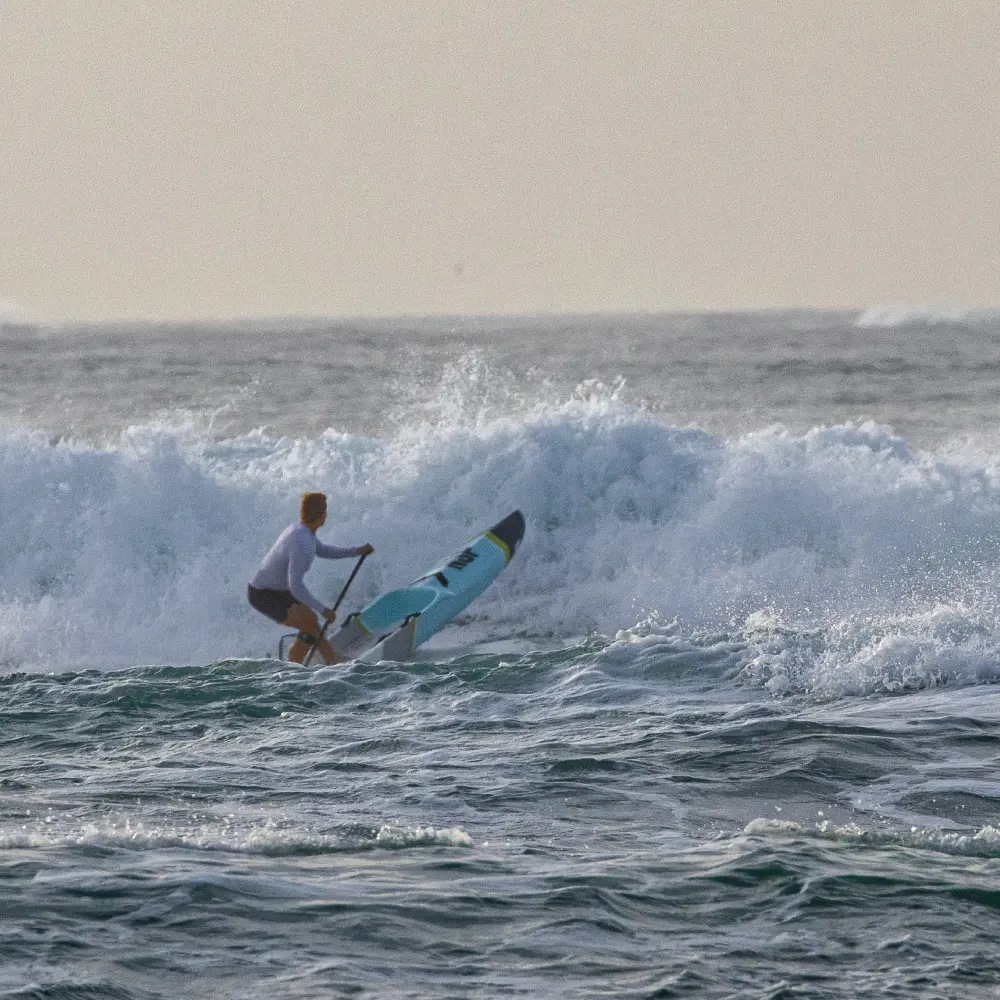
Step 2 – Step on the back for balance
When you are about to get hit by the oncoming whitewater, you will want to step back on your board, as far back as you can go.
I like to think that it’s similar to pulling off a deep kick turn.

Step 3 – Push down & use your paddle
When the whitewater hits your board, you want to push the tail of your board deep into the water with your back foot, then put all of your weight on your back leg.
In addition to this, you will want to initiate a paddle stroke at the bottom of the wave, giving you leverage to balance out and some additional momentum to get ahead.
As soon as your board is on top of the whitewater, shift all of your weight from your back foot onto your front foot, forcing your board back onto the water.
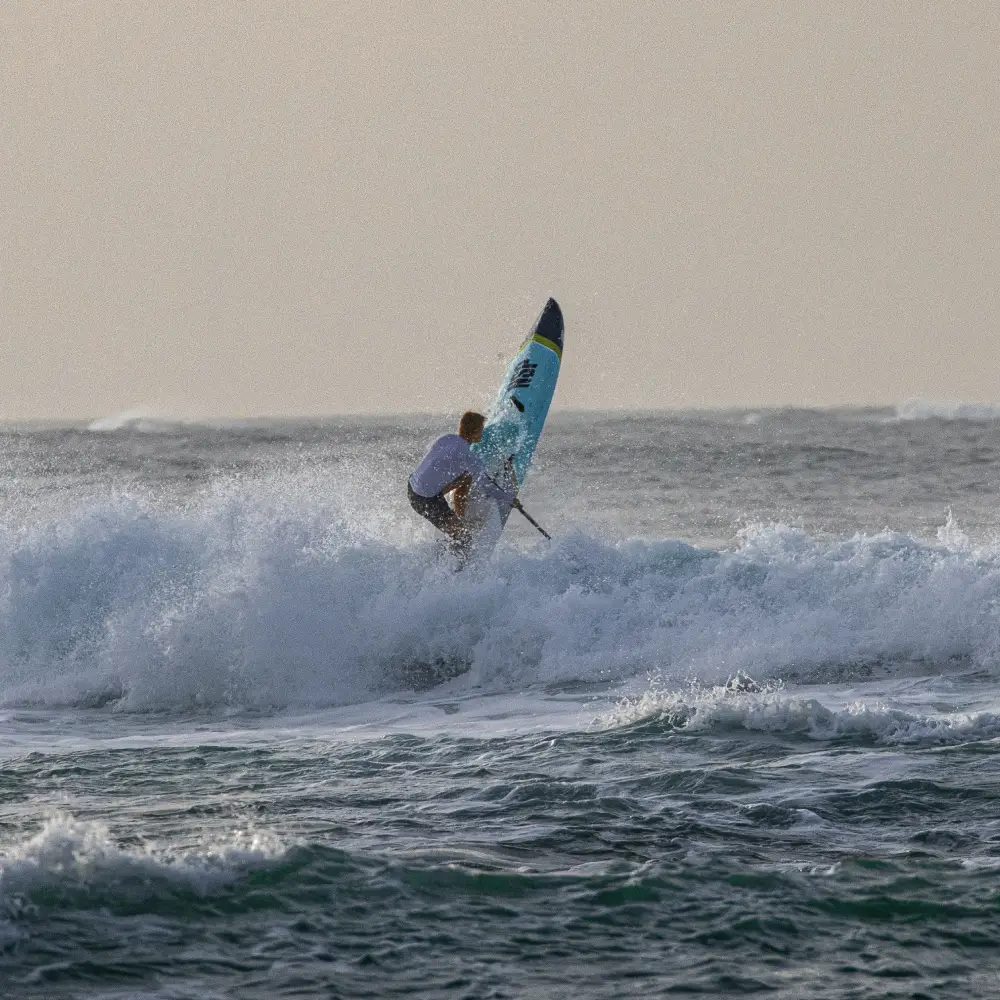
Step 4 – Getting back up to speed
Once you are on the other side of the wave, you want to get back to the standing area as quick as possible.
This way, you can start paddling again and get the board back up to speed. I usually try to jump towards the standing area of the board while I’m still on top of the wave.
I find this allows you to keep the board moving and slows you down the least…

The NSP Puma Pro Carbon for Crossing white water
Race boards are designed for speed, sustained glide and efficiency. Those are design parameters that do not make it great for navigating waves or white water, but the NSP Puma Pro Carbon is a raceboard designed for beach races and technicals.
- Increased stability over previous models, with the same width as last year’s design
- Plenty of standing area for kick turns, difficult break conditions or chaotic buoy turns
- Featuring the proven NSP Carolina rocker line
- Flat deck, as opposed to a recessed area, giving riders a single standing area to race from
Who’s Christian Andersen
The creator of the “Tip of the Week” is Christian “Polar Bear” Andersen, NSP Team Rider and overall nice guy from Denmark.
Christian also has a YouTube Channel, a website, and can be found on social media.
Send Christian a suggestion via:
All sequence pictures by @bastiangrimm

And of course our standard NSP Privacy Policy applies.

